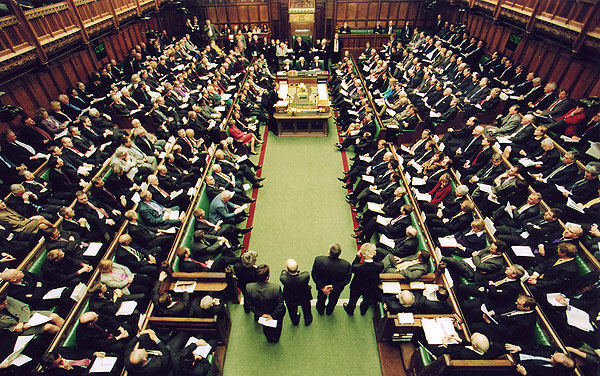At the start of this year the UK’s Association of Christian Counsellors (ACC) sent out a statement declaring that they do not support any form of therapy to help people overcome unwanted homosexual feelings, what they define as reparative or conversion therapies, and that no member of the ACC could offer them. This is a worrying change of position as, until the statement, the ACC was the only UK body that supported both the client’s right to choose such a therapy and the therapist’s right to offer this type of therapy. Already we have seen a therapist kicked out of the ACC due to their change of position.
The full statement is full of errors and misunderstanding and has the tone of having been dictated by the United Kingdom Council for Psychotherapy (UKCP) and the UK government’s new Professional Standards Authority (PSA), the body to oversee the “voluntary” register that the government is creating. In fact the statement appears, including from the testimony of those who have had their membership of the ACC revoked, to be based entirely on the desire to have ACC members allowed to join the new PSA register rather than to be based on proper consideration of the evidence.

At the current rate, it appears that soon no one in the UK will be able to receive counseling from a licensed mental health practitioner for unwanted same-sex attractions
In the ACC statement they refer specifically to reparative and conversion therapy as the means to overcome unwanted homosexual feelings. The reality is that, while the model of therapy from Dr Joseph Nicolosi is called Reparative Therapy, therapists who work with those with unwanted homosexual feelings neither attempt to repair or convert. Sexual Orientation Change Efforts, to use the term from the American Psychological Association, use counselling and psycotheraputic techniques to deal with the psychological wounds that contribute to the development of the same sex attraction just as they would use them to deal with the contributing psychological factors for eating disorders, low self-esteem, body image problems and other issues. To use, as the ACC and others such as the UKCP does, terms such as conversion therapy shows a deliberate misrepresentation of the methods used in and the aims of sexual orientation change efforts.
The ACC statement also includes the fact that “Counsellors / therapists do not make assumptions that the client is looking for a particular outcome”. Yet all therapy does this. If a client comes to me because they want to overcome an eating disorder, obsessive compulsive behaviour, low self-esteem what am I as a therapist to do? Am I to presume that they do not actually want to stop self-harming? That they do not want to break the cycle of binge eating and vomiting that is bulimia?
Am I to presume that there is something else or am I to work with the client on the issue that they want to work with? Not if it is unwanted homosexual feelings? In this case I am to presume that they are suffering from the effects of a hetero-normative society (whatever that means) and refuse to work with them on their desired outcome in line with their religious belief system. This position makes nonsense of the role of the therapist and of the authority of the professional body by breaching the core principle that underlines all counselling and psychotherapy – that we deal with the issues that the client wants to deal with.
This position is based on the false belief that by defining homosexual behaviour as unhealthy, by saying that overcoming unwanted homosexual feelings is possible, that we are calling homosexuality a disease or a sickness. Let us look though at another issue – the involvement of young people in violent gangs. We would call this as dangerous and unhealthy because of the psychological and sociological factors that drive a young man or woman to join a gang, but this does not mean that we are calling gang membership a mental disorder or disease. We would, if someone came and wanted out of a gang, work with them not only to leave the lifestyle but also to help them deal with the issues that led them to that lifestyle – yet to do the same with someone who either wants to leave the gay lifestyle or wants to prevent themselves going into it by dealing with unwanted homosexual feelings is unethical. This reality has passed the ACC by in the rush to be registerable.
Phelim McIntyre, N.L.P.M.P. is a professional counselor and life coach specializing in issues concerning masculinity, including sexual orientation, based in the South of England. He is an ex-homosexual, having come out at the age of 13 and now overcoming SSA. He has now been straight for over 10 years.


